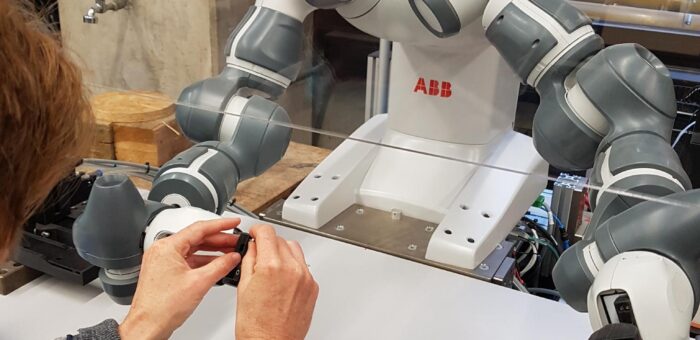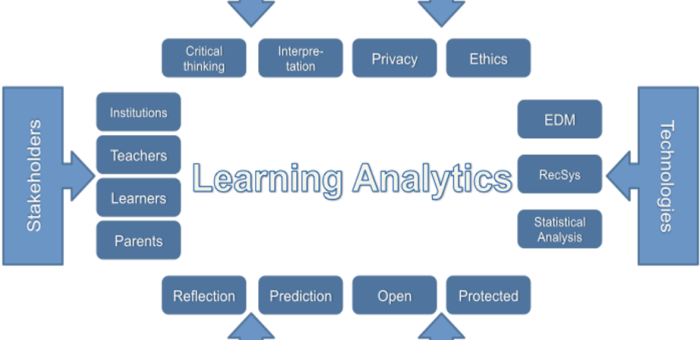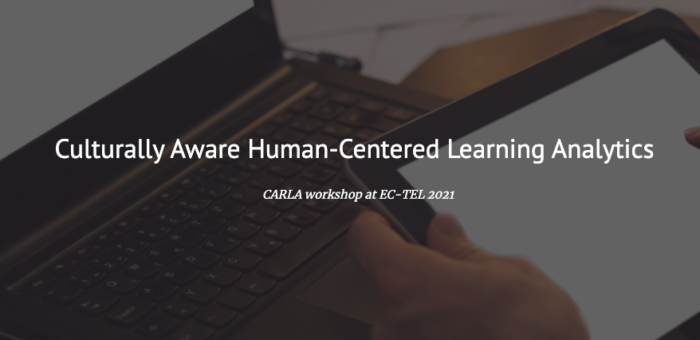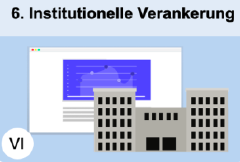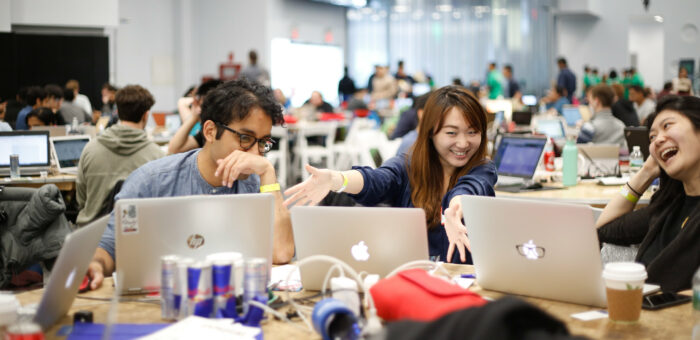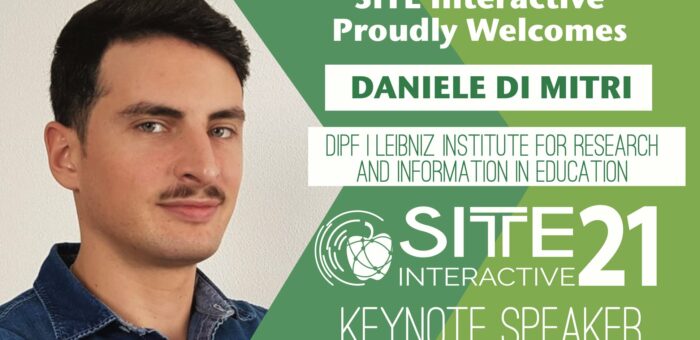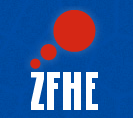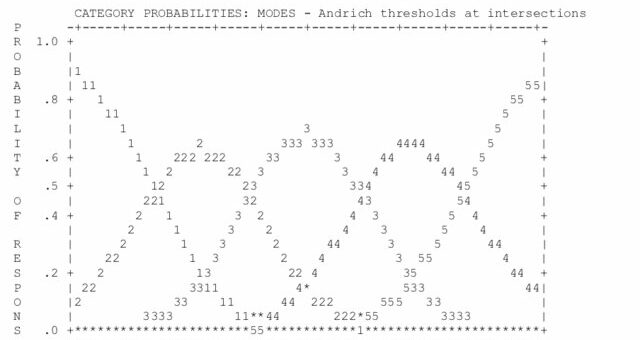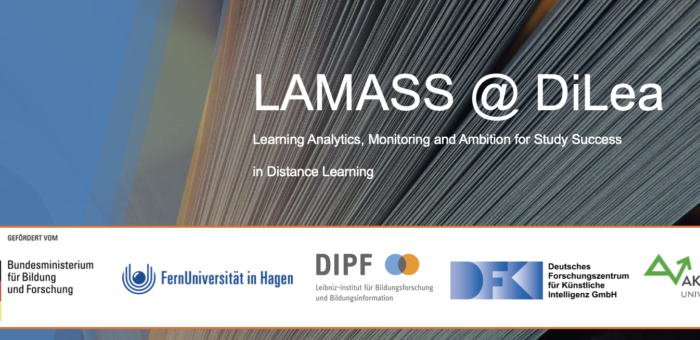
Auftaktveranstaltung: Forschung über Studienerfolg und Studienabbruch II
Am 11. November 2021 fand die virtuelle Auftaktveranstaltung der BMBF-Förderlinie Forschung über "Studienerfolg und Studienabbruch II" statt. Virtueller Gastgeber war die FernUniversität in Hagen. Das EduTec Team war mit dem Projekt LAMASS@DiLea, in dem Faktoren für Studienabbruch und Studienerfolg im Zusammenhang mit digitalen Lehrformaten untersucht werden, ebenfalls vertreten. [embed]https://static1.bmbfcluster.de/5/2/2/4/0_c464c1b3f1efcf4/52240_b0710c16e248bbf_web.mp4[/embed] Nach einer Begrüßung der Rektorin der FernUniversität in Hagen, Ada Pellert, stellte Prof. Hans-Dieter Daniel wichtige Erkenntnisse aus der ersten Förderlinie vor und formulierte Anregungen und "lessons learned" für die aktuelle Förderlinie. Danach begannen die Kurzvorstellungen der geförderten Projekte, in denen sich alle 19 Vorhaben zum Thema Studienerfolg und Studienabbruch innerhalb von 5 Minuten präsentierten. Innerhalb der jeweiligen Themencluster entstanden angeregte Diskussion, in denen projektübergreifende Herausforderungen und Lösungsansätze zur Sprache kamen. Im Anschluss an diese Präsentationen gab es Breakout-Sessions mit…

